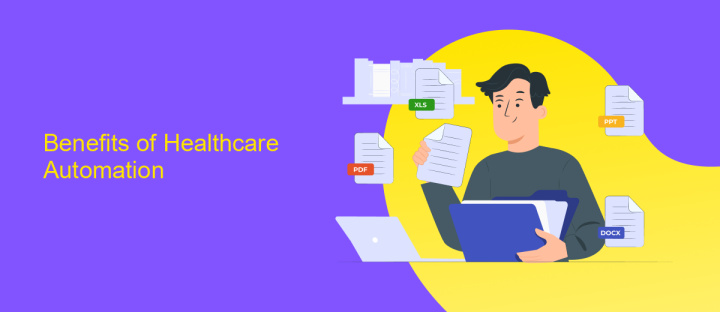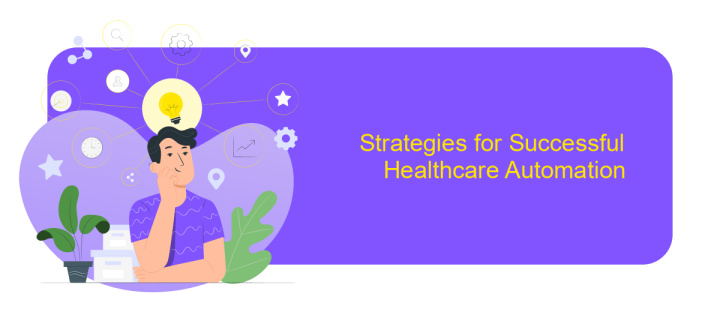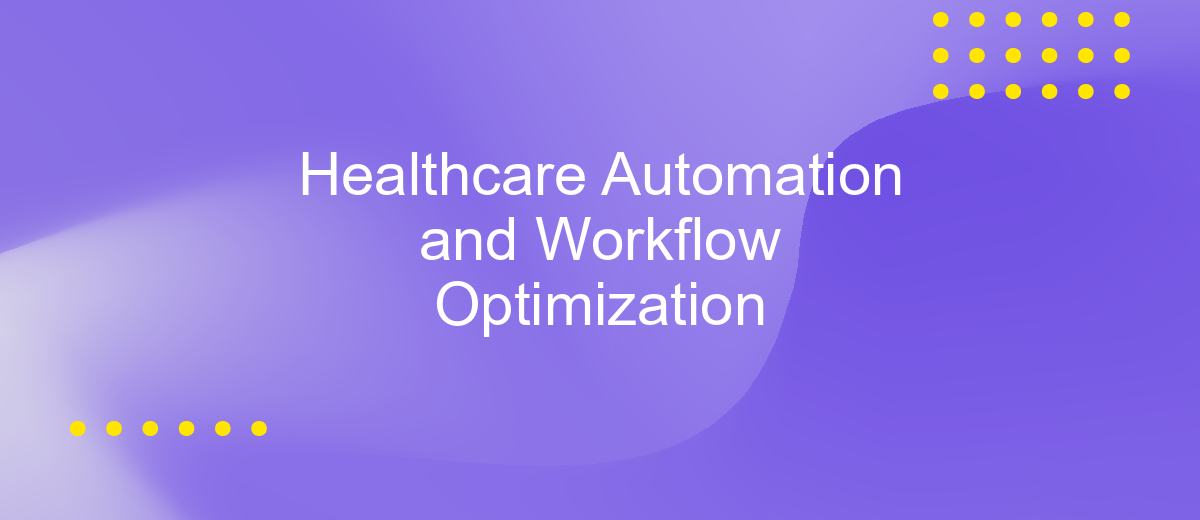Healthcare Automation and Workflow Optimization
Healthcare automation and workflow optimization are revolutionizing the medical industry by enhancing efficiency, reducing errors, and improving patient outcomes. By integrating advanced technologies such as artificial intelligence, machine learning, and robotic process automation, healthcare providers can streamline administrative tasks, optimize resource allocation, and focus more on patient care. This article explores the transformative impact of automation on healthcare workflows and its potential to shape the future of medical practice.
Introduction
In recent years, healthcare automation has emerged as a pivotal force in transforming the efficiency and effectiveness of medical services. By leveraging advanced technologies, healthcare providers can streamline their workflows, reduce human error, and enhance patient outcomes. Automation in healthcare is not just about replacing manual tasks but also about optimizing processes to ensure better resource allocation and improved patient care.
- Streamlined administrative tasks
- Enhanced patient data management
- Improved diagnostic accuracy
- Efficient scheduling and resource allocation
One of the key components in achieving seamless healthcare automation is the integration of various systems and services. Tools like ApiX-Drive facilitate this by enabling smooth data exchange between different healthcare applications, ensuring that all systems work in harmony. This not only saves time but also reduces the risk of errors, thereby contributing to a more efficient and effective healthcare environment.
Benefits of Healthcare Automation

Healthcare automation offers numerous benefits that significantly improve the efficiency and quality of medical services. By automating routine tasks such as appointment scheduling, patient data entry, and billing, healthcare providers can reduce administrative burdens and focus more on patient care. This leads to a reduction in human errors, enhanced patient satisfaction, and streamlined operations. Additionally, automation can facilitate better data management, ensuring that patient records are accurate, up-to-date, and easily accessible when needed.
Another significant advantage of healthcare automation is the optimization of workflows through seamless integration of various systems. Tools like ApiX-Drive enable healthcare facilities to connect disparate software applications, ensuring that data flows smoothly between different platforms. This not only saves time but also enhances the accuracy of information sharing. By leveraging such integration services, healthcare providers can achieve a more cohesive and efficient operational environment, ultimately leading to improved patient outcomes and reduced operational costs.
Challenges in Healthcare Automation

Healthcare automation presents numerous challenges that need to be addressed to ensure seamless integration and efficient workflow optimization. One of the primary obstacles is the interoperability of different systems and software platforms within healthcare facilities. Ensuring that these systems can communicate effectively is crucial for the successful implementation of automation technologies.
- Data Privacy and Security: Protecting patient data is paramount. Automation systems must comply with stringent regulations like HIPAA, which can complicate the integration process.
- High Implementation Costs: The initial investment for healthcare automation can be substantial, including costs for new software, hardware, and training.
- Resistance to Change: Healthcare professionals may be resistant to adopting new technologies due to a lack of familiarity or fear of job displacement.
- Complex Integration: Integrating various systems can be complex. Services like ApiX-Drive can facilitate this process by offering seamless integration solutions.
Overcoming these challenges requires a multi-faceted approach involving robust planning, stakeholder engagement, and the use of advanced integration services. By addressing these issues, healthcare facilities can fully realize the benefits of automation, leading to improved patient care and operational efficiency.
Strategies for Successful Healthcare Automation

Implementing healthcare automation effectively requires a well-thought-out strategy to ensure seamless integration and optimized workflows. The first step involves assessing current processes to identify areas that can benefit most from automation. This initial evaluation helps in understanding the specific needs and potential impact of automation on workflow efficiency.
Next, it is essential to select the right tools and technologies tailored to the healthcare environment. Solutions like ApiX-Drive can play a crucial role in this phase by simplifying the integration of various healthcare systems and applications, thereby facilitating smoother data flow and communication between different platforms.
- Conduct a thorough needs assessment to identify automation opportunities.
- Select appropriate automation tools and technologies.
- Utilize integration services like ApiX-Drive for seamless system connectivity.
- Train staff on new automated processes to ensure smooth adoption.
- Continuously monitor and optimize automated workflows.
Finally, continuous monitoring and optimization are vital to maintain the effectiveness of automated workflows. Regularly reviewing performance metrics and gathering feedback from healthcare professionals can help in making necessary adjustments, ensuring that the automation continues to meet the evolving needs of the healthcare environment.
- Automate the work of an online store or landing
- Empower through integration
- Don't spend money on programmers and integrators
- Save time by automating routine tasks
Conclusion
Healthcare automation and workflow optimization have the potential to revolutionize the medical field by enhancing efficiency, reducing errors, and improving patient outcomes. By automating routine tasks, healthcare professionals can focus more on patient care rather than administrative duties. This shift not only streamlines operations but also significantly reduces the risk of human error, thereby ensuring a higher standard of care.
Integrating various healthcare systems can be challenging, but services like ApiX-Drive simplify this process by enabling seamless data exchange between different platforms. This ensures that critical information is readily accessible, facilitating better decision-making and coordination among healthcare providers. As we continue to embrace automation and optimize workflows, the healthcare industry stands to benefit immensely from improved operational efficiency and enhanced patient care.
FAQ
What is healthcare automation and how can it benefit my practice?
How can workflow optimization improve patient outcomes?
What types of tasks can be automated in a healthcare setting?
How can I integrate different healthcare systems and software in my practice?
What are the challenges of implementing automation in healthcare?
Time is the most valuable resource for business today. Almost half of it is wasted on routine tasks. Your employees are constantly forced to perform monotonous tasks that are difficult to classify as important and specialized. You can leave everything as it is by hiring additional employees, or you can automate most of the business processes using the ApiX-Drive online connector to get rid of unnecessary time and money expenses once and for all. The choice is yours!


